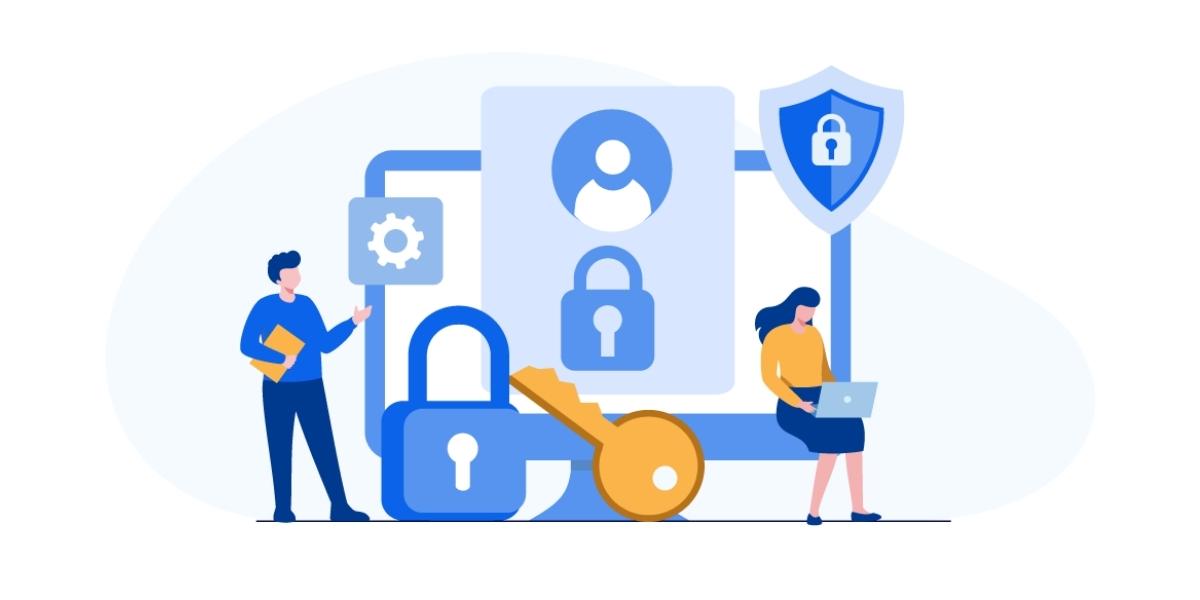
Visualise pointing your phone at a complex board g...
news-extra-space

 But switching over does not simply involve hitting a button. Because passkey support must also be included into apps and websites, Google posted the announcement on its Android Developers Blog.
How Does It Work?
A passkey, in the words of Google, "identifies a specific user account on some online service." A cryptographic private key is at the core of it, and it is saved on the hardware you use. Your identity is then verified by comparing this to a public key held by the digital services you are logging into.
You'll need to unlock your phone or computer to confirm that it's really you. On a phone, this typically entails entering a PIN code or allowing your face or fingerprint to be scanned. On computers, you can still use a password to confirm your identity, but the industry is constantly shifting toward biometric authentication.
But switching over does not simply involve hitting a button. Because passkey support must also be included into apps and websites, Google posted the announcement on its Android Developers Blog.
How Does It Work?
A passkey, in the words of Google, "identifies a specific user account on some online service." A cryptographic private key is at the core of it, and it is saved on the hardware you use. Your identity is then verified by comparing this to a public key held by the digital services you are logging into.
You'll need to unlock your phone or computer to confirm that it's really you. On a phone, this typically entails entering a PIN code or allowing your face or fingerprint to be scanned. On computers, you can still use a password to confirm your identity, but the industry is constantly shifting toward biometric authentication.
 You don't actually see the passkey itself or need to know what it is—you just have to be you. Your face or fingerprint replaces that long list of passwords on a Post-it note that you might have, so it's much simpler and more convenient.
These passkeys use public-key cryptography, so if they're involved in a data breach, they're useless to bad actors without your face or your fingerprint.
This isn't just a Google initiative. Organizations such as the FIDO Alliance and the W3C Web Authentication group are busy working toward a passwordless future as well, so you'll be able to use these systems across any device, whether made by Google, Apple, Microsoft, or any other hardware maker.
You don't actually see the passkey itself or need to know what it is—you just have to be you. Your face or fingerprint replaces that long list of passwords on a Post-it note that you might have, so it's much simpler and more convenient.
These passkeys use public-key cryptography, so if they're involved in a data breach, they're useless to bad actors without your face or your fingerprint.
This isn't just a Google initiative. Organizations such as the FIDO Alliance and the W3C Web Authentication group are busy working toward a passwordless future as well, so you'll be able to use these systems across any device, whether made by Google, Apple, Microsoft, or any other hardware maker.
Leave a Reply






